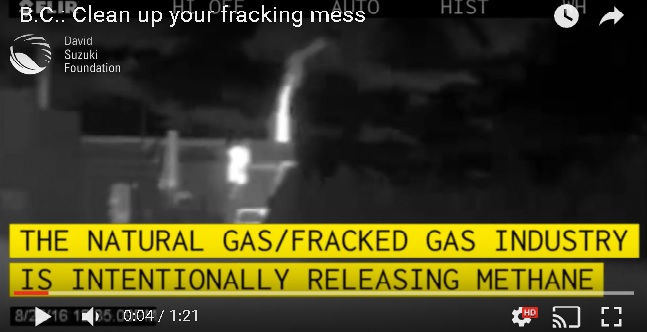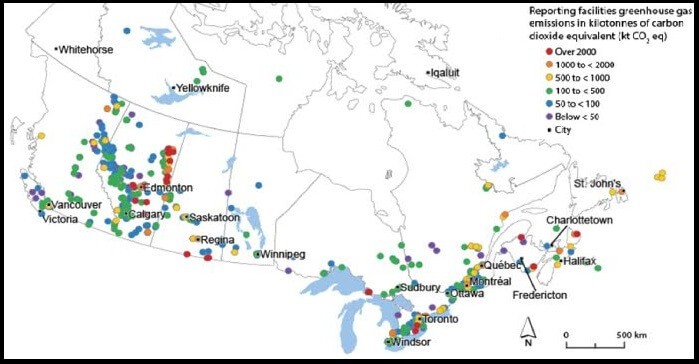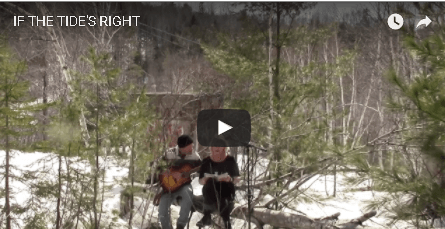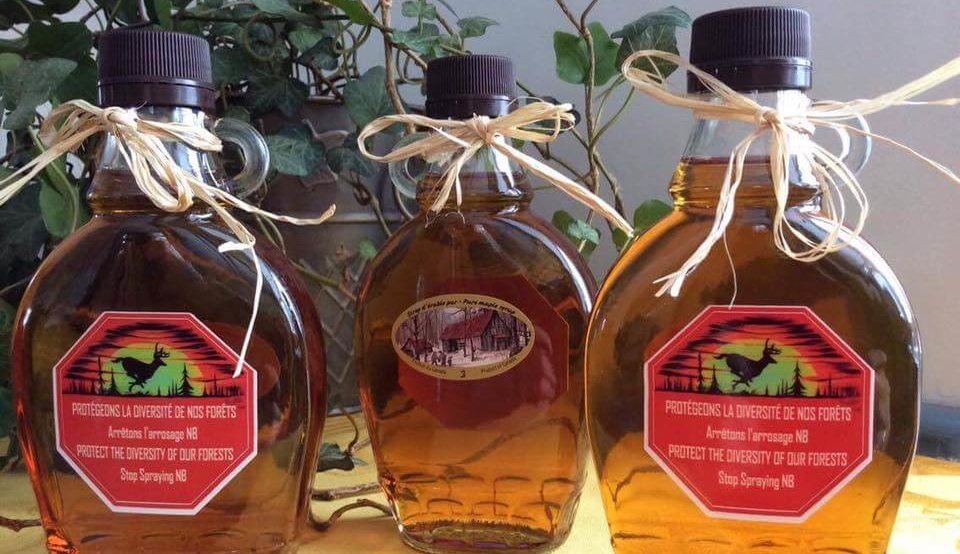In this edition of EcoNews, we bring you our recommendations for the federal government’s Clean Fuel Standard proposal, share a new report that’s challenging the use of fracked gas as a ‘clean’ transition fuel, dig into the latest greenhouse gas emissions data, and much more.
NEWS
Conservation Council signs on to Clean Fuel Standard submission
The federal government is developing regulations to reduce the amount of carbon in transportation and heating fuels. This is great news, and would significantly help Canada meets its international climate change commitments. Based on the latest data, the transportation sector represents 24 per cent of our country’s total greenhouse gas emissions.
New report challenges use of fracked gas as ‘clean’ transition fuel
A new study by the David Suzuki Foundation reveals methane emissions from B.C. oil and gas operations are at least 2.5 times higher than those reported by the B.C. government. The groundbreaking research shows that, rather than serving as a ‘clean’ transition fuel, fracked gas makes it harder for Canada to meet its climate change commitments.

Greenhouse gas emissions data for 2015 released
Good news for all you data junkies: Environment and Climate Change Canada (ECCC) recently released its greenhouse gas emissions data for 2015. New Brunswick had 11 businesses report emissions in 2015, totaling 7,259,253 tonnes — down slightly from the 7,544,280 tonnes reported in 2014. 

Deadline extended for community renewable energy projects
Municipalities, cooperatives and non-profits have more time to submit a community renewable energy project for consideration in the province’s Locally-Owned Renewable Energy Small Scale Program (LORESS). The Department of Energy and Resource Development extended the deadline for project submissions to June 30 at 3 p.m.
UPDATES
Your love letters to our rivers, lakes, streams – A Serenade to Saltwater
This #WaterWednesday, we bring you a special musical treat. Last week, Frantically Atlantic, the Fredericton-based musical duo of Don Rigley and Michelle Daigle, dropped into Conserver House to show us two new songs written during their first musical tour of New Brunswick. These songs capture the feeling of love and longing we New Brunswickers feel when separated for too long from the waterways and rural beauty that makes our province special.
Don’t wait to send us #YourNBWaterStory! Whether it’s an original poem, song, story or video, send it along and help us continue to shower the province with love letters for our many rivers, lakes, streams and bays!
EVENTS
Celebrate World Environment Day with the Great Canadian Video Contest
Calling all young New Brunswickers: celebrate this World Environment Day (June 5) by telling the world how and why you connect with nature. Canada is the host nation for World Environment Day this year, and the federal government is marking the occasion with the “Great Canadian Video Contest for World Environment Day.” Youth aged 18-25 are invited to create a short video on how they connect with nature, protect the environment, and take action on climate change. 
 Nominate your great tree this Arbor Day
Nominate your great tree this Arbor Day
Get ready for Arbor Day in N.B. on May 18, your opportunity to celebrate the importance of one of our most iconic species of plant life and an irreplaceable part of our ecosystem – the proud and noble tree! For Arbor Day this year, celebrate your favourite tree by nominating it for our book, Great Trees of New Brunswick, Vol. 2, a collaboration between the Conservation Council and forester David Palmer to tell the stories of the native trees New Brunswickers hold most dear.
Maple Syrup in support of Stop Spraying NB
Stop Spraying NB (SSNB) is selling maple syrup at $8/bottle, with funds going toward the campaign to stop the spraying of herbicide in N.B. forests. You can buy this local Maple syrup here at Conserver House (180 St. John St., Fredericton) or by emailing Caroline at carolinelubbedarcy@gmail.com. Learn more about the use of herbicides in N.B. forests.











